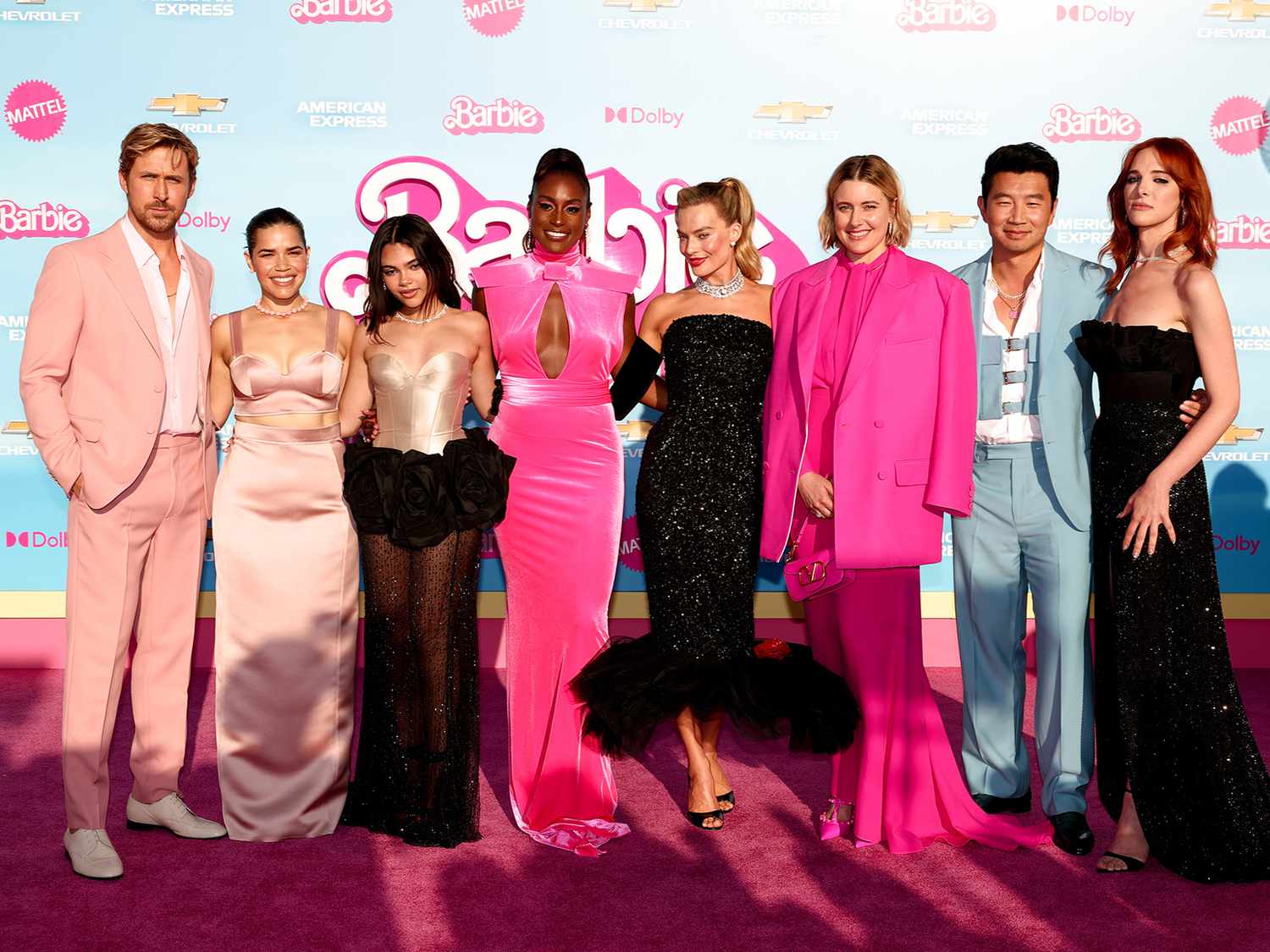I’ve never been that invested in awards season. To me, it’s just an excuse to fawn over the high-class outfits of my favorite celebrities and predict who will win what awards to impress my friends. But I can’t deny my excitement to see the cast and crew of “Barbie” absolutely destroying the field this year. For me and millions of other women, the success of this film is proof that our stories are valued and worth being celebrated. It’s been especially empowering seeing the success of “Barbie” as a woman pursuing a career in film. So it truly felt like a stab in the back when the 2024 Oscar nominations were released, and Greta Gerwig was not nominated for best director.
Now, I am no stranger to the inherent corruption of award shows. Trust me, I grew up in Nashville. Everybody there knows Grammy board members only nominate people they’ve worked with before. But you can’t deny that the Oscars, arguably one of the most anticipated awards shows of the year, is a symbol of what future filmmakers should strive for. So, for the director of the highest-grossing film of the year not to get nominated for best director is pretty shocking. This isn’t the first instance of sexism in this category, either. In the past ten years, only five of the 56 nominees in the directing category were women. In seven of those ten years, no women were nominated at all. And in only one of those years was more than one woman nominated at a time. In the ninety-five years the Oscars have occurred, only three women have ever won for directing.
“It is literally impossible to be a woman.” This quote–and the rest of America Ferrera’s feminist speech said in the climax of “Barbie”–has been knocking around in my mind throughout all of this. How ironic is it that the woman who wrote this speech is suffering the same fate it speaks of? You can make the highest-grossing film of the year, Warner Bros’s highest-grossing film ever, and the first film directed by a solo woman to make over one billion dollars and still not be good enough to be nominated for an Oscar. It’s yet another instance of a woman’s excellence coming second to a man’s average.
I am tired of expecting that my work will be looked over because of my gender. Not just in the sense that I will be discredited and silenced because I am a woman, but also that my future successes will be celebrated not because I am deserving of them, but because I managed to overcome all the barriers put in my way that men don’t have to deal with. My friend Audrey Napah put it well, saying, “If you’re a man who has below-average experience or knowledge and a couple of friends, don’t worry, because you can still get a position in a crew and work on a set. If you’re a woman who has average experience and knowledge, you need to work harder, prove your adequacy, and put yourself out there…and then maybe you can gain men’s respect.” Women’s successes in this industry are seen as an anomaly, not as a given.
As I prepared to write this article, I was feeling a lot of strong emotions. Anger, disappointment and just plain sadness. Re-examining the prejudice I currently am and will have to deal with in my field is mentally exhausting. It scares me. How do you even fix something like this? If a film literally about the female struggle is still belittled and looked over, how do we move forward? It was then that I turned to other women I know and trust to hear their thoughts.
I was speaking with media professor Megan Weaver-Seitz this week about this when she said something that I want to take to heart. “I think education is key. The torch can’t be put down. ‘Barbie’ is a good ignition. We have to keep after it. If we let it go by the wayside, it’s going to be a flash in the pan… I think there’s so much more to unpack, and so much more to say, and so many more women to inspire.” She continued, “I was thinking about [the closing scene] in the context of being a teacher and being a female filmmaker. I didn’t get to move as far as maybe I wanted to, but I just want to see someone else do it.” After our conversation, I was left with a bit more hope than I had before.
I also spoke to Kayden Callista, another female film student at Asbury. She added, “I’m grateful that Asbury is generally aware and more than willing to talk about the realities of being a woman in a male-dominated field, and I have professors that I can confide in and will listen to me in this context… I have experienced sexism at Asbury in the film world but quickly had people come to my side and defend me as well as call it out. It’s rarely tolerated, and I’m thankful for that.”
I cannot magically make the Oscar nominations less male-dominated, as much as I wish I could. But I can refuse to let them define how I view this industry and the people in it. I can choose to uplift my fellow female filmmakers and encourage them in their craft. I know so many women who are immensely talented and never get the chance to show it. But together, we can be the match that lights the fire to illuminate women’s artistry. It’s so easy to get discouraged in this field, but I believe if we look to each other, we will stay strong in the fight. Don’t let a tiny gold man tell you your art is worthy. You get to decide that.


